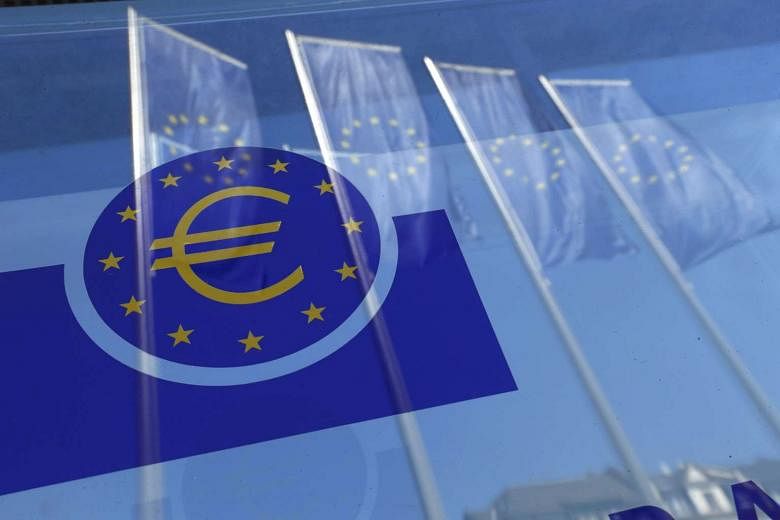Over the past century, central banks have become the guardians of our economic and financial security. The Bundesbank and United States Federal Reserve, for example, are respected for achieving monetary stability, often in the face of political opposition. But central bankers can also lose the plot, usually by following the economic dogma of the day. When they do, their mistakes can be catastrophic.
In the 1920s, the German Reichsbank thought it a clever idea to have 2,000 printing presses running day and night to finance government spending. Hyperinflation was the result. Around the same time, the Federal Reserve stood by as more than a third of US bank deposits were destroyed, in the belief that banking crises were self-correcting. The Great Depression followed.
Today, the behaviour of the European Central Bank (ECB) suggests that it, too, has gone awry. When reducing interest rates to historically low levels did not stimulate growth and inflation, the ECB embarked on a massive programme of purchasing euro zone sovereign debt. But the sellers did not spend or invest the proceeds. Instead, they placed the money on deposit.
So the ECB went to the logical extreme: it imposed negative interest rates. Currently, almost half of euro zone sovereign debt is trading with a negative yield. If this fails to stimulate growth and inflation, "helicopter money" will be next on the agenda. Future students of monetary policy will shake their heads in disbelief.
What is more, as purchaser-of-last-resort of sovereign debt, the ECB is underwriting the solvency of its over-indebted members. Countries no longer fear that failure to reform their economies or reduce debt will raise the cost of borrowing. Six years after the onset of the European debt crisis, total indebtedness in the euro zone keeps on rising. Badly needed reforms have been abandoned.
As a result, the euro zone is as fragile as ever. Safe keepers of our wealth, such as insurance companies, pension funds and savings banks, barely earn a positive spread. Inflation is just above zero, well below the ECB's defined target. And with growth anaemic, debt levels in some countries, such as Italy, are not sustainable.
Worse still, the ECB is failing in its other mandated duty - to promote stability. Popular opposition to low and negative interest rates, when combined with continuing high unemployment, is fomenting anger with the European project. Even if current policy eventually results in an overdue recovery, political pressure is unlikely to abate.
Monetary policy, therefore, has become the No. 1 threat to the euro zone.
This might seem counter-intuitive, given the ECB's famous readiness to "do whatever it takes" to preserve the common currency. But trying to stimulate growth and inflation with ever-lower rates and bond purchases, while removing incentives for structural reforms, risks an unstoppable downward spiral.
Negative rates signal to the average consumer or small or medium-sized company that things are dire. Such uncertainty means people save more and capital expenditure remains stagnant. Capital supports businesses that would not be viable under normal conditions. Households without financial assets are hardest hit, while those owning equity portfolios or property benefit from increasing asset prices.
It did not have to be this way. Governments could have enacted reforms. The ECB should never have usurped the role of saviour of the euro zone and Mr Mario Draghi, its president, is disingenuous to blame politicians for failing to act. It is he who enabled them to postpone hard choices. Further, the longer monetary policy prevents the necessary catharsis, the more it contributes to the growth of populist or extremist politics.
What should be done? The priority is breaking the negative spiral of lower confidence engendered by ever-looser money. The ECB needs to begin reversing its policy of negative interest rates. Moving back into the black would raise confidence across the euro zone.
This has to be accompanied by a return to a market- and risk-based pricing of sovereign risk, which would offer governments incentives to undertake structural reform. The ECB has to leave it to the politicians to deal with the debt crises that would inevitably follow in certain member countries.
Rarely has an institution held such sway over the economic and political future of an entire continent. But this is not the time for slavishly following a doubtful economic dogma - it is the time for common sense. The longer the ECB persists with unconventional monetary policy, the greater the damage to the European project will be.
FINANCIAL TIMES
- The writer is chief economist at Deutsche Bank.

